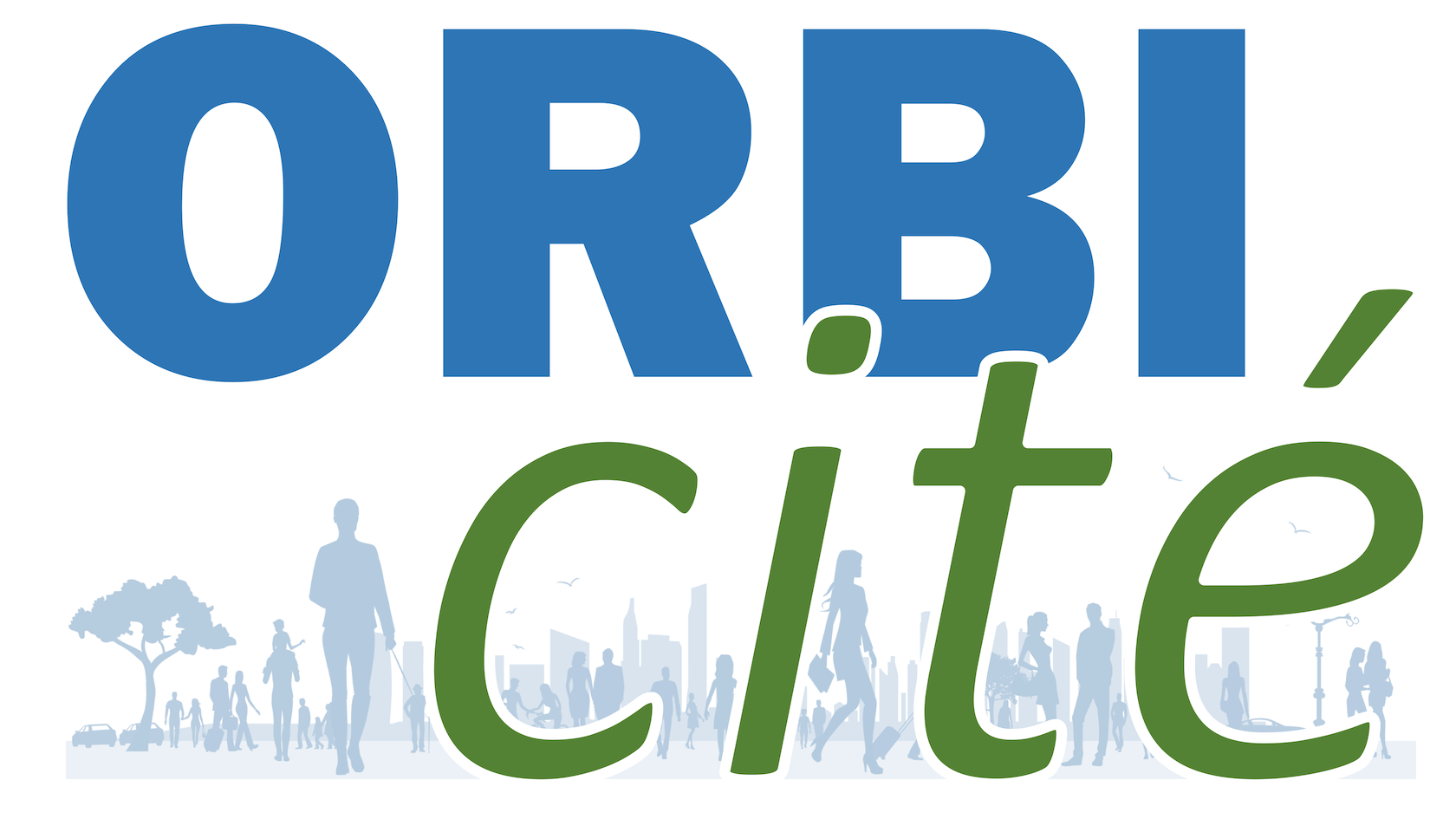OrbiCité supports local authorities, companies, startups, associations and foundations in the development of Smart Cities and Territories.
Local Authorities
Cities, Metropoles and Regions, in a constrained economic context, to create economic, public, social and environmental value.
Associations et Foundations
Social and Solidarity Economy actors, Professional, Citizens and Users associations, Not-for-profit organizations, NGOs, Foundations, Think Tanks
Companies
Urban and industrial service providers who need to adapt their offer to evolving urban context and to develop new markets.
Startups
From idea to product, from product to market, and scaling up at a larger scale
Developing Entrepreneurship Culture among Students and Young Professionals.
WHY
Facing urban growth and environmental issues, cities need to develop attractiveness, mobility of people and goods, inclusion, security and resilience. It is not just a matter of adaptation, it is a transition that must be implemented on the short, medium and long term.
Implementing the Transition to 21st Century’s Smart Cities
New models of development, new spacial organisation, new economic models and new behaviours.
Creating value for our cities and our regions
In a constrained economic context, creating economic, public, social and environmental value
HOW
To create value in our cities, urban areas and regions, a holistic approach must be pursued, covering the following aspects
Build a transverse, economic, social and political vision, based on the identification of cardinal requirements and problems, and on objectives to be met
Mobilizing the entire urban ecosystem: Territorial governance, urban service providers, citizens and city users, entrepreneurs.
Look for incremental and disruptive innovation.
Focus jointly and iteratively on Technological, Societal and Political levels.
Allow the emergence of an entrepreneurial spirit capable of offering products and services that will foster the transition to new usages and new behaviors
OUR APPROACH
Methodological, strategic and operational support for local and regional authorities
Initiating both an incremental and a disruptive innovation approach
Defining a strategy to be implemented in the short, medium and long term
Mobilizing ecosystem resources (develop and integrate centralization, participation and collaboration interactions)
Developing the commons (open data, open source, open governance, innovative concepts)
Planning actions based on the leverage effects each will generate
Implementing roadmap and leading development phases
Marketing and commercial support for entrepreneurial actors
Developing a product and service strategy
Developing differentiators
Defining a Business Model
Setting up growth strategies
Developing the commercial footprint and scaling up
Accompany the emergence of new entrepreneurs among students, researchers and professionals.
Accompany the incubation, spin-off and acceleration phases
